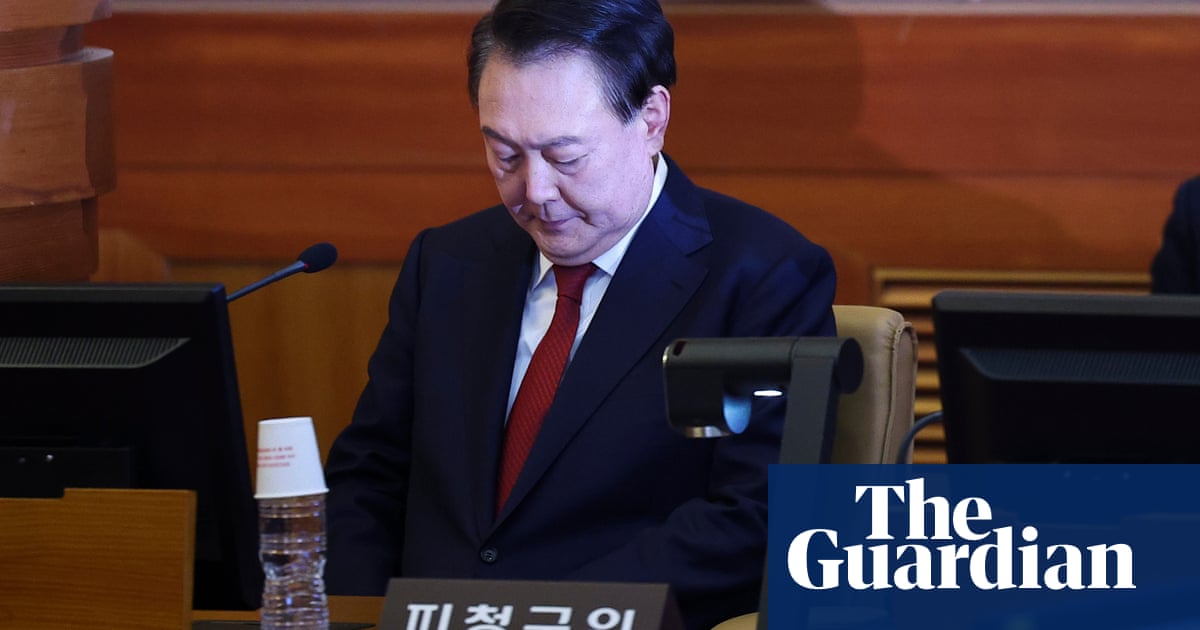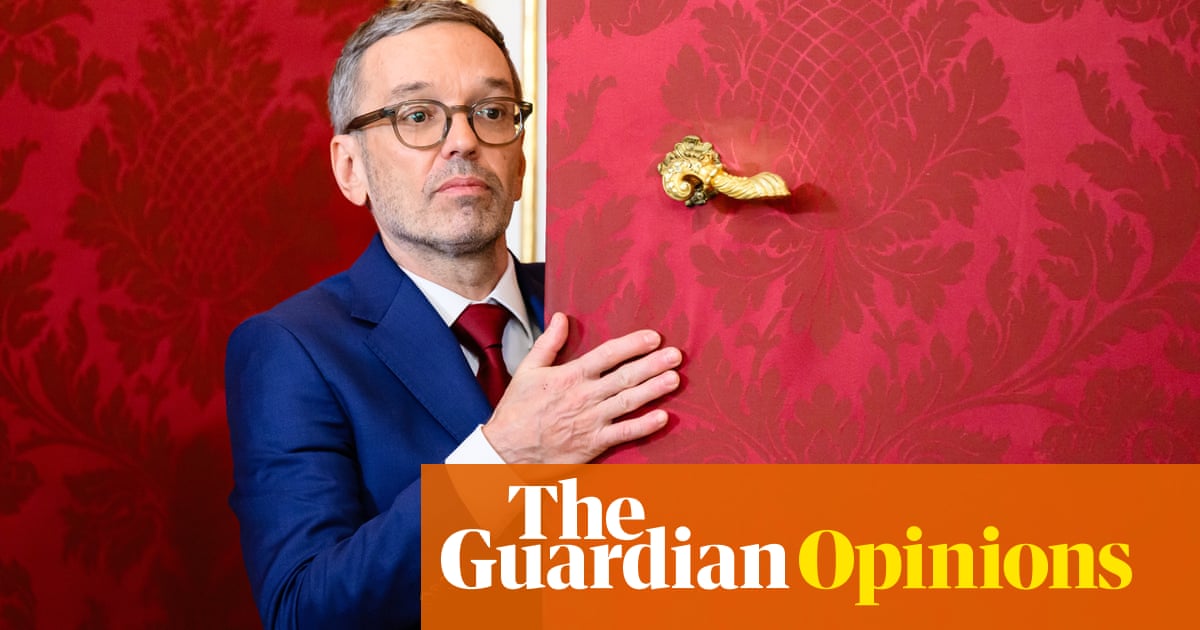Actor Blake Lively has made accusations against her former It Ends with Us co-star/director Justin Baldoni, filing a legal complaint in California claiming sexual harassment and making allegations of a coordinated PR effort to damage her reputation.
According to Lively’s complaint, matters got so bad during the production of the film, which premiered in August this year, that a meeting was held to address her claims of a hostile work environment that was attended by husband, Ryan Reynolds.
As part of the tense meeting, Lively and Reynolds demanded there would be “no more showing nude videos or images of women to Lively, no more mention of Baldoni’s alleged previous ‘pornography addiction,’ and no more discussions about sexual conquests in front of Lively”.
They further stipulated that Baldoni “should not make inquiries about Lively’s weight” and make “no further mention of her dead father”.
The complaint also says Lively demanded during filming that she would no longer be asked to add sex scenes, beyond what she had approved when she signed on to the troubled project.
It claims the demands were embraced and approved by the studio but Baldoni and the production company, Wayfarer Studios, later engaged in a “social manipulation” campaign to “destroy” her reputation.
The plan, the complaint said, included a proposal to plant theories on online message boards, engineer a social media campaign and place news stories critical of Lively. The complaint also says Baldoni “abruptly pivoted away from” the movie’s marketing plan and “used domestic violence ‘survivor content’ to protect his public image”.
The complaint, which the New York Times reported was filed with the California civil rights department on Friday, is a precursor to a lawsuit. It includes purported texts from Baldoni’s publicist to the studio publicist, which says Baldoni “wants to feel like [Ms Lively] can be buried”, and “We can’t write we will destroy her”.
In a statement to the Times, Lively, whose film career came after she rose to prominence in the teen drama series Gossip Girl, said: “I hope that my legal action helps pull back the curtain on these sinister retaliatory tactics to harm people who speak up about misconduct and helps protect others who may be targeted.”
Baldoni hit back in a statement to the Hollywood Reporter, slamming Lively’s claims. “It is shameful that Ms Lively and her representatives would make such serious and categorically false accusations,” Bryan Freedman, a lawyer for Baldoni, said.
The statement called Lively’s action “yet another desperate attempt to ‘fix’ her negative reputation which was garnered from her own remarks and actions during the campaign for the film; interviews and press activities that were observed publicly, in real time and unedited, which allowed for the internet to generate their own views and opinions”.
Freedman said his client previously had hired a crisis manager due to “multiple demands and threats” Lively allegedly made, including “threatening to not [show] up to set, threatening to not promote the film, ultimately leading to its demise during release, if her demands were not met”.
The publicity campaign for It Ends with Us, based on a romance novel by Colleen Hoover that features depictions of domestic violence, got off to a rocky start in August when social media sleuths noticed that Baldoni was absent from publicity events.
Production insiders told The Hollywood Reporter that there was a fracture among the film-makers and two cuts of the movie had been produced, prompting speculation that Lively, a producer on the picture, had brought in Reynolds to help take over creative control of the film.
Soon after, an awkward interview with Lively from 2016 re-surfaced online. Hollywood journalist Kjersti Flaa said the encounter had been the “most uncomfortable situation” she had “ever” experienced and said Lively had made her want to quit her job.
Baldoni – who previously starred in the telenovela Jane the Virgin, directed Five Feet Apart and wrote Man Enough, a book pushing back against traditional notions of masculinity – responded to claims that the film romanticized domestic violence.
“If anybody has had that real-life experience, I can imagine how hard it would be to imagine their experience being in a romance novel,” he said. “To them, I would just offer that we were very intentional in the making of this movie.”
Associated Press contributed to this report

 1 month ago
23
1 month ago
23













































